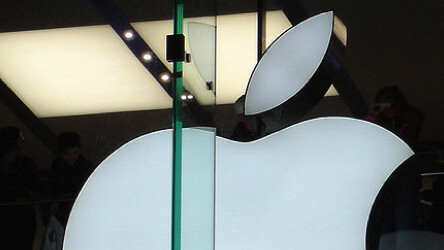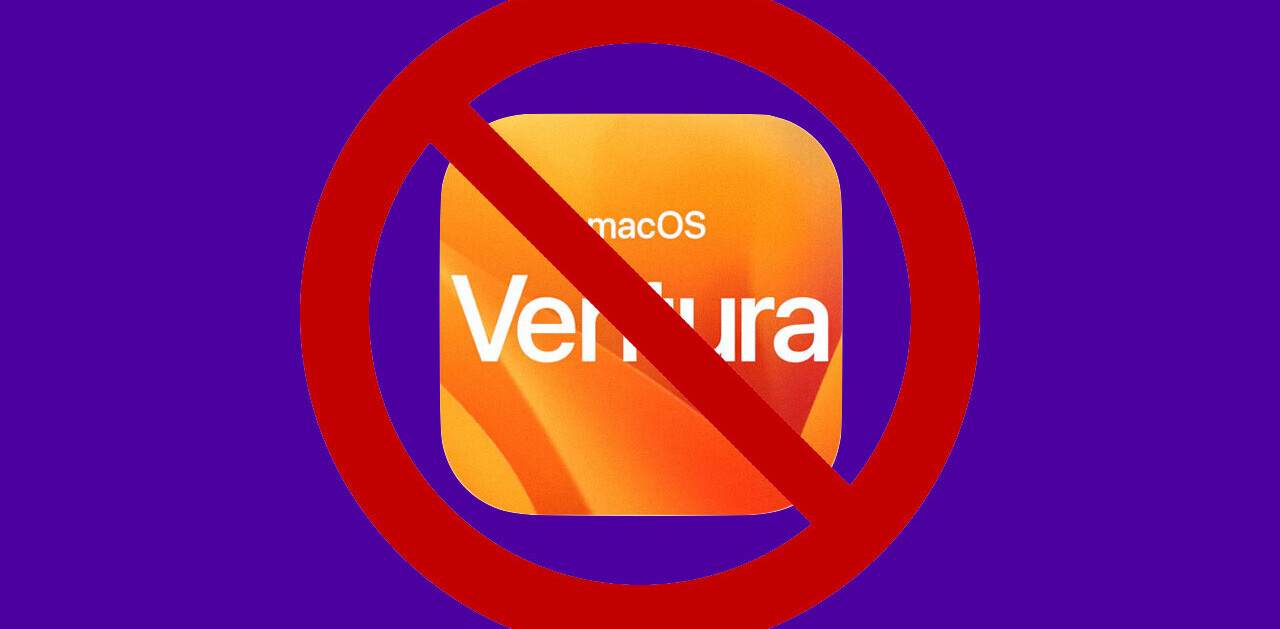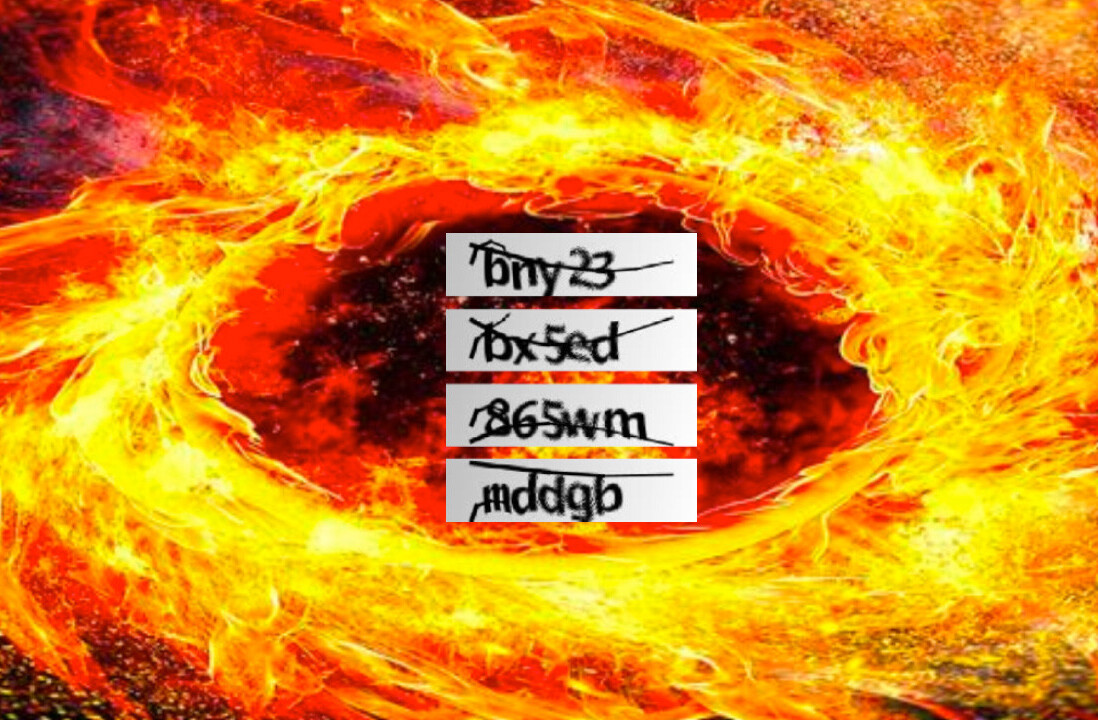
A host of messages from iOS developers began flooding Twitter Monday morning that seemed to indicate that Apple was stepping forward to assist the developers that have been affected by the threats of litigation from patent company Lodsys. That has now been confirmed by The Loop’s Jim Dalrymple as he states that Apple has confirmed that all iOS developers are already licensed for Lodsys patents.
Apparently a letter was sent to Lodsys on monday by Apple asking that the company withdraw letters sent to app developers demanding additional licensing fees.
“Apple is undisputedly licensed to these patents and the App Makers are protected by that license,” wrote Apple SVP and General Counsel Bruce Sewell.
Lodsys’ claims centered around the in-app purchasing system found in many popular iOS apps. Lodsys claimed that the system was infringing on patents, originally awarded to Dan Abelow, that they had purchased from another owner in 2004. Apple, as a general licensee, already had the ability to use the patent. Lodsys claimed that developers themselves did not. Apparently Apple thinks differently.
The letter states unequivocally that Apple is licensed under Lodsys’ patents already and that means that so are creators of apps on its platform. It says that Lodsys is misunderstanding the issue and has no grounds to continue pursuing developers. “Because I believe that your letters are based on a fundamental misapprehension regarding Apple’s license and the way Apple’s products work,” states Sewell, “I expect that the additional information set out below will be sufficient for you to withdraw your outstanding threats to the App Makers and cease and desist from any further threats to Apple’s customers and partners.”
The letter then goes on to document the various ways that Apple applies the usage of Lodsys patents in their various products like the App Store. After documenting them it goes on to indicate that any claim by Lodsys is actually against patent doctrine.
Because Lodsys’s threats are based on the purchase or use of Apple products and services licensed under the Agreement,” states Sewell, “Lodsys’s threatened claims are barred by the doctrines of patent exhaustion and first sale. As the Supreme Court has made clear, “[t]he authorized sale of an article that substantially embodies a patent exhausts the patent holder’s rights and prevents the patent holder from invoking patent law to control postsale use of the article.”Quanta Computer, Inc. v. LG Elecs., Inc., 553 U.S. 617 (2008).”
This means that Lodsys is attempting to invoke patent law on a product that has already been licensed and sold, something that is not permitted under current guidelines.
The letter comes as a great relief to many developers who lacked the resources to combat a patent claim themselves and were wondering if and when Apple would step in on this matter. Note that this does not mean that the patent issue is closed for good. Lodsys will most likely still battle to excersize its patent in this issue. What it does mean is that it will now have a much larger and formidable opponent in Apple.
Here is the full text of the letter as posted by Macworld:
BY EMAIL AND FIRST-CLASS MAIL
May 23, 2011
Mark Small
Chief Executive Officer
Lodsys, LLC
[Address information removed]Dear Mr. Small:
I write to you on behalf of Apple Inc. (“Apple”) regarding your recent notice letters to application developers (“App Makers”) alleging infringement of certain patents through the App Makers’ use of Apple products and services for the marketing, sale, and delivery of applications (or “Apps”). Apple is undisputedly licensed to these patent and the Apple App Makers are protected by that license. There is no basis for Lodsys’ infringement allegations against Apple’s App Makers. Apple intends to share this letter and the information set out herein with its App Makers and is fully prepared to defend Apple’s license rights.
Because I believe that your letters are based on a fundamental misapprehension regarding Apple’s license and the way Apple’s products work, I expect that the additional information set out below will be sufficient for you to withdraw your outstanding threats to the App Makers and cease and desist from any further threats to Apple’s customers and partners.
First, Apple is licensed to all four of the patents in the Lodsys portfolio. As Lodsys itself advertises on its website, “Apple is licensed for its nameplate products and services.” Seehttp://www.lodsys.com/blog.html (emphasis in original). Under its license, Apple is entitled to offer these licensed products and services to its customers and business partners, who, in turn, have the right to use them.
Second, while we are not privy to all of Lodsys’s infringement contentions because you have chosen to send letters to Apple’s App Makers rather than to Apple itself, our understanding based on the letters we have reviewed is that Lodsys’s infringement allegations against Apple’s App Makers rest on Apple products and services covered by the license. These Apple products and services are offered by Apple to the App Makers to enable them to interact with the users of Apple products—such as the iPad, iPhone, iPod touch and the Apple iOS operating system—through the use or Apple’s App Store, Apple Software Development Kits, and Apple Application Program Interfaces (“APIs”) and Apple servers and other hardware.
The illustrative infringement theory articulated by Lodsys in the letters we have reviewed under Claim 1 of U.S. Patent No. 7,222,078 is based on App Makers’ use of such licensed Apple products and services. Claim 1 claims a user interface that allows two-way local interaction with the user and elicits user feedback. Under your reading of the claim as set out in your letters, the allegedly infringing acts require the use of Apple APIs to provide two-way communication, the transmission of an Apple ID and other services to permit access for the user to the App store, and the use of Apple’s hardware, iOS, and servers.
Claim 1 also claims a memory that stores the results of the user interaction and a communication element to carry those results to a central location. Once again, Apple provides, under the infringement theories set out in your letters, the physical memory in which user feedback is stored and, just as importantly, the APIs that allow transmission of that user feedback to and from the App Store, over an Apple server, using Apple hardware and software. Indeed, in the notice letters to App Makers that we have been privy to, Lodsys itself relies on screenshots of the App Store to purportedly meet this claim element.
Finally, claim 1 claims a component that manages the results from different users and collects those results at the central location. As above, in the notice letters we have seen, Lodsys uses screenshots that expressly identify the App Store as the entity that purportedly collects and manages the results of these user interactions at a central location.
Thus, the technology that is targeted in your notice letters is technology that Apple is expressly licensed under the Lodsys patents to offer to Apple’s App Makers. These licensed products and services enable Apple’s App Makers to communicate with end users through the use of Apple’s own licensed hardware, software, APIs, memory, servers, and interfaces, including Apple’s App Store. Because Apple is licensed under Lodsys’ patents to offer such technology to its App Makers, the App Makers are entitled to use this technology free from any infringement claims by Lodsys.
Through its threatened infringement claims against users of Apple’s licensed technology, Lodsys is invoking patent law to control the post-sale use of these licensed products and methods. Because Lodsys’s threats are based on the purchase or use of Apple products and services licensed under the Agreement, and because those Apple products and services, under the reading articulated in your letters, entirely or substantially embody each of Lodsys’s patents, Lodsys’s threatened claims are barred by the doctrines of patent exhaustion and first sale. As the Supreme Court has made clear, “[t]he authorized sale of an article that substantially embodies a patent exhausts the patent holder’s rights and prevents the patent holder from invoking patent law to control postsale use of the article.”Quanta Computer, Inc. v. LG Elecs., Inc., 553 U.S. 617 (2008).
Therefore, Apple requests that Lodsys immediately withdraw all notice letters sent to Apple App Makers and cease its false assertions that the App Makers’ use of licensed Apple products and services in any way constitute infringement of any Lodsys patent.
Very truly yours,
Bruce Sewell
Senior Vice President & General Counsel
Apple Inc.
Get the TNW newsletter
Get the most important tech news in your inbox each week.




